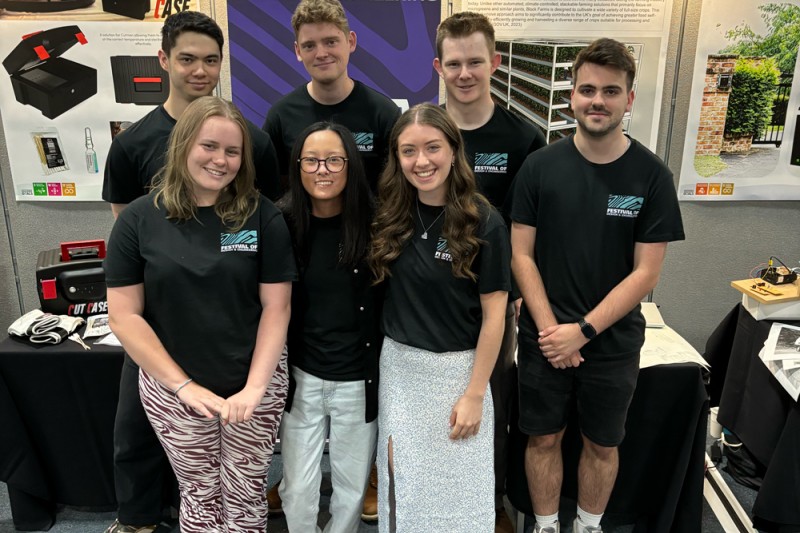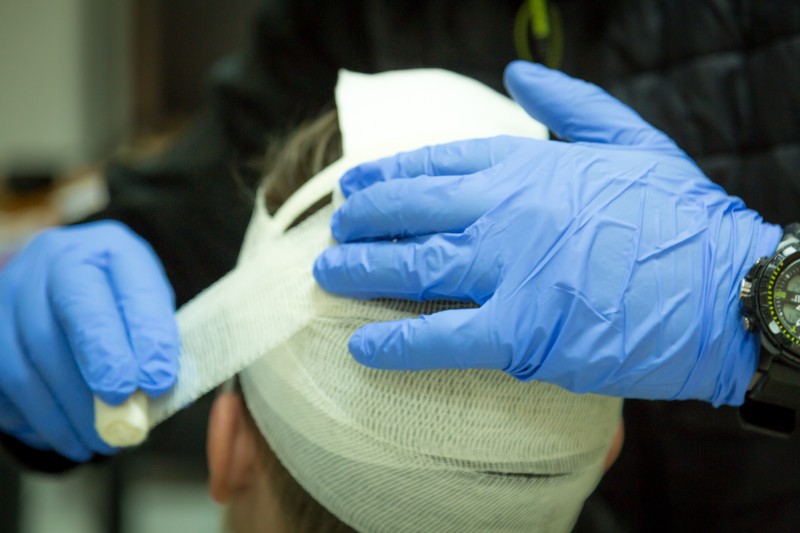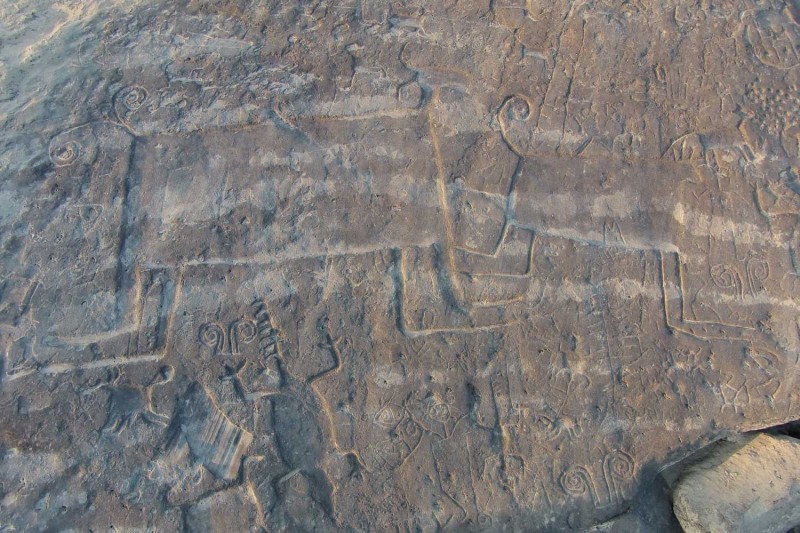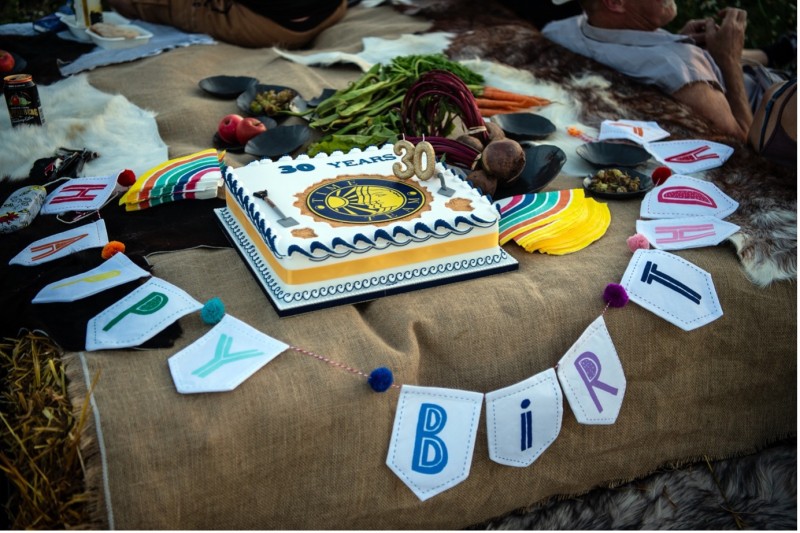Bournemouth University’s Dr Martin Smith featured in The Sunday Telegraph alongside BU undergraduate student Shannon Hardy, discussing the University’s contribution to forensic science.
Having “pioneered a range of forensics degrees since the Nineties”, BU has played an important role in preparing young scientists for life in the field.
The article notes a rise in the number of courses from a handful in 1990 to 56 undergrad courses that are accredited by the Chartered Society of Forensic Sciences – the field’s governing body. Part of the reason for this increase is shows like Silent Witness and CSI, which have helped to portray some of forensics’ sexier attributes.
Yet, despite the important role that such courses play in criminal investigations, forensic science is “extremely varied, with a great number of different specialisms”, explained Smith “[it] isn’t a single body of coherent scientific work”.
Discussing BU’s archaeological, anthropological and forensic (AAF) sciences degree in particular, Dr Smith said that the three areas of BU’s AAF course “complement each other well, with a healthy mix of practical and lab-based content”.
Many students on BU’s AAF course are able to conduct field work abroad with major agencies in former war zones, such as the Balkans.
The article closes by looking at an extract from BU undergraduate Shannon Hardy’s diary, in which she talks about visiting a mortuary and “the conditions those working there deal with…” Such opportunities are just part of BU’s AAF course, which has a long history and proud reputation in the field.
The article first appeared in The Sunday Telegraph on 23 November 2014.



